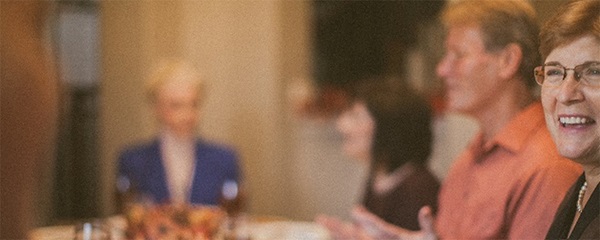If your church appreciates the importance of planned giving and is giving its members regular, gentle reminders, you’re already ahead of the curve. But there’s one more thing you can do to greatly increase your church’s chances of receiving a bequest. You can identify those individuals in your church who may be most receptive to planned giving concepts and initiate a one-on-one conversation. This varsity-level technique is incredibly powerful. But what makes a person a good candidate for planned giving?
Excellent research has determined that in most cases:
- They’re retired: older donors are more likely to already have a will and be thinking about how they want to distribute their assets upon their death.
- They’re single or widowed: usually, married people leave most of their assets to their spouses upon their death. People without spouses must make a different plan, which often includes charity.
- They have no children: In the absence of an obligation to provide for their descendants upon their death, people without children often plan to give a greater proportion of their assets to charity.
- They give regularly to your church: members who have contributed in the past are more likely to donate in the future. The amount they give is less important than the length of time they’ve been giving. A slow but steady increase of giving— or a commitment to maintain the same level of giving even when their personal finances are tight— is an especially good sign.
- They’ve recently gone through a major life event that would trigger a revision of their will: this includes a death of an immediate family member, an inheritance, a divorce, a terminal diagnosis, or a move. In the short- and medium-term, they need extra emotional support from you and your congregation. Once they get to a “new normal,” they may be open to a conversation about bequests.
- Best of all, they’ve TOLD YOU that they want to make a major gift or leave a bequest in the future. People who respond enthusiastically to a gentle reminder about planned giving represent the church’s best potential for these gifts. Don’t miss an opportunity to follow up! Ask them about their plans, and offer your support if they need advice or assistance.
Julia Frisbie, Associate Director, Northwest United Methodist Foundation
United Methodist Church Giving is about people working together to accomplish something bigger than themselves. In so doing, we effect change around the world, all in the name of Jesus Christ. To read stories about the generosity of United Methodists click here.

